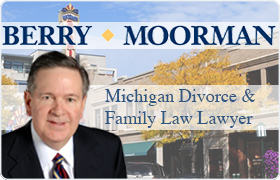Huntington Woods Adoption Lawyer, Michigan
Sponsored Law Firm
-
 x
x

Click For More Info:
-
Berry • Moorman
255 E. Brown Street Suite 320 Birmingham, MI 48009 » view mapDivorce, Alimony, Child Support, Custody Professional Corporation | Attorneys at Law
Whether you are an individual or large publicly held corporation, our attorneys are dedicated to delivering skilled legal counsel and exceptional service to our clients.
800-929-4710  John J. Schrot Jr. Birmingham, MI
John J. Schrot Jr. Birmingham, MIAttorney At Law - MI, 1977
Michigan State University, J.D. - 1977
 News & Publications
News & PublicationsClick here for links to the latest news and publications from our practice.
Sanford J. Melder
Adoption, Corporate, Collection, Bankruptcy
Status: In Good Standing Licensed: 51 Years
Aric K. Melder
Litigation, Adoption, Criminal, Collection, Bankruptcy
Status: In Good Standing Licensed: 28 Years
Molly Eklund-Easley
Farms, Child Support, Adoption, Criminal
Status: In Good Standing Licensed: 45 Years


 John J. Schrot Jr. Birmingham, MI
John J. Schrot Jr. Birmingham, MI News & Publications
News & Publications
